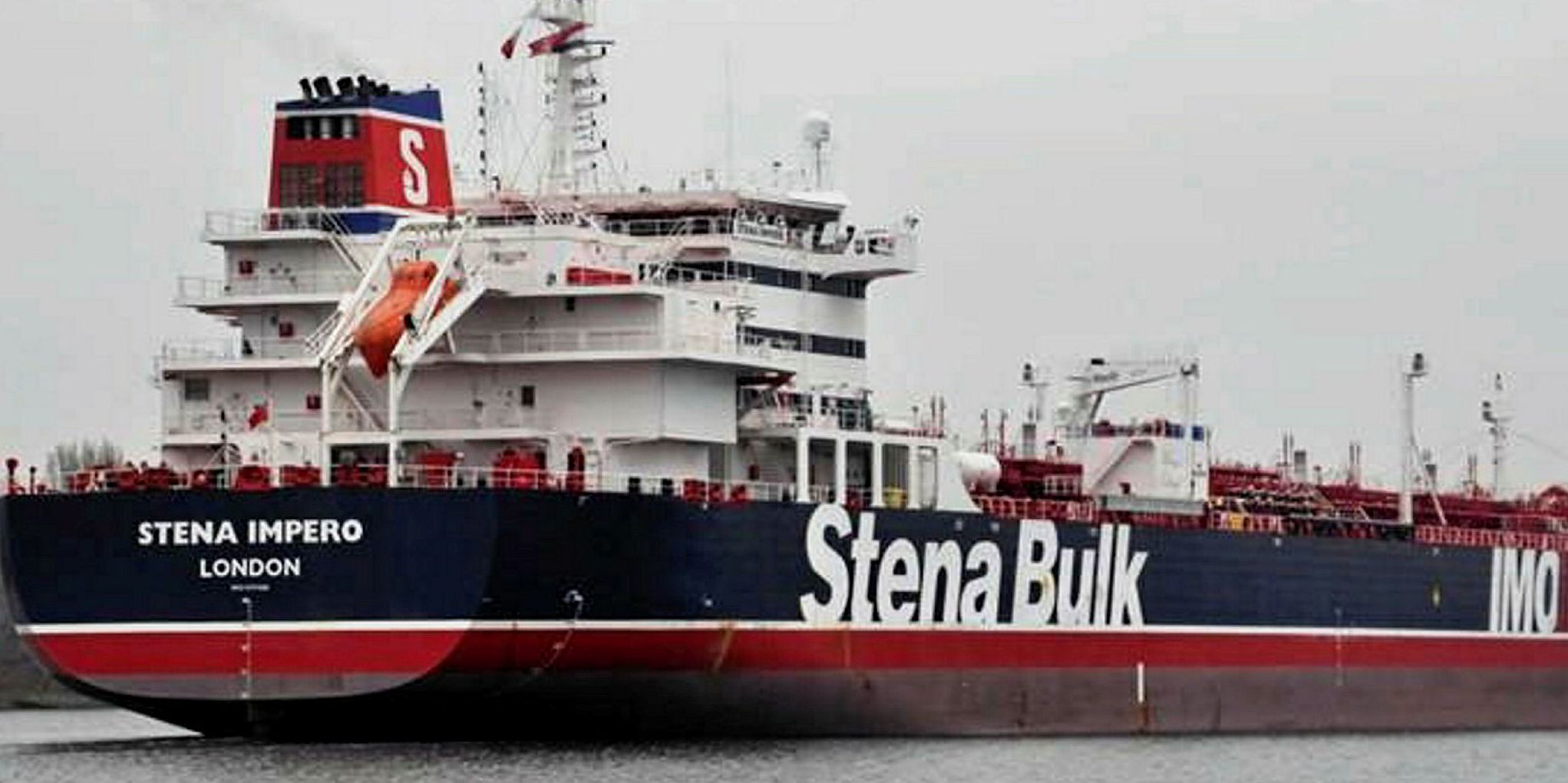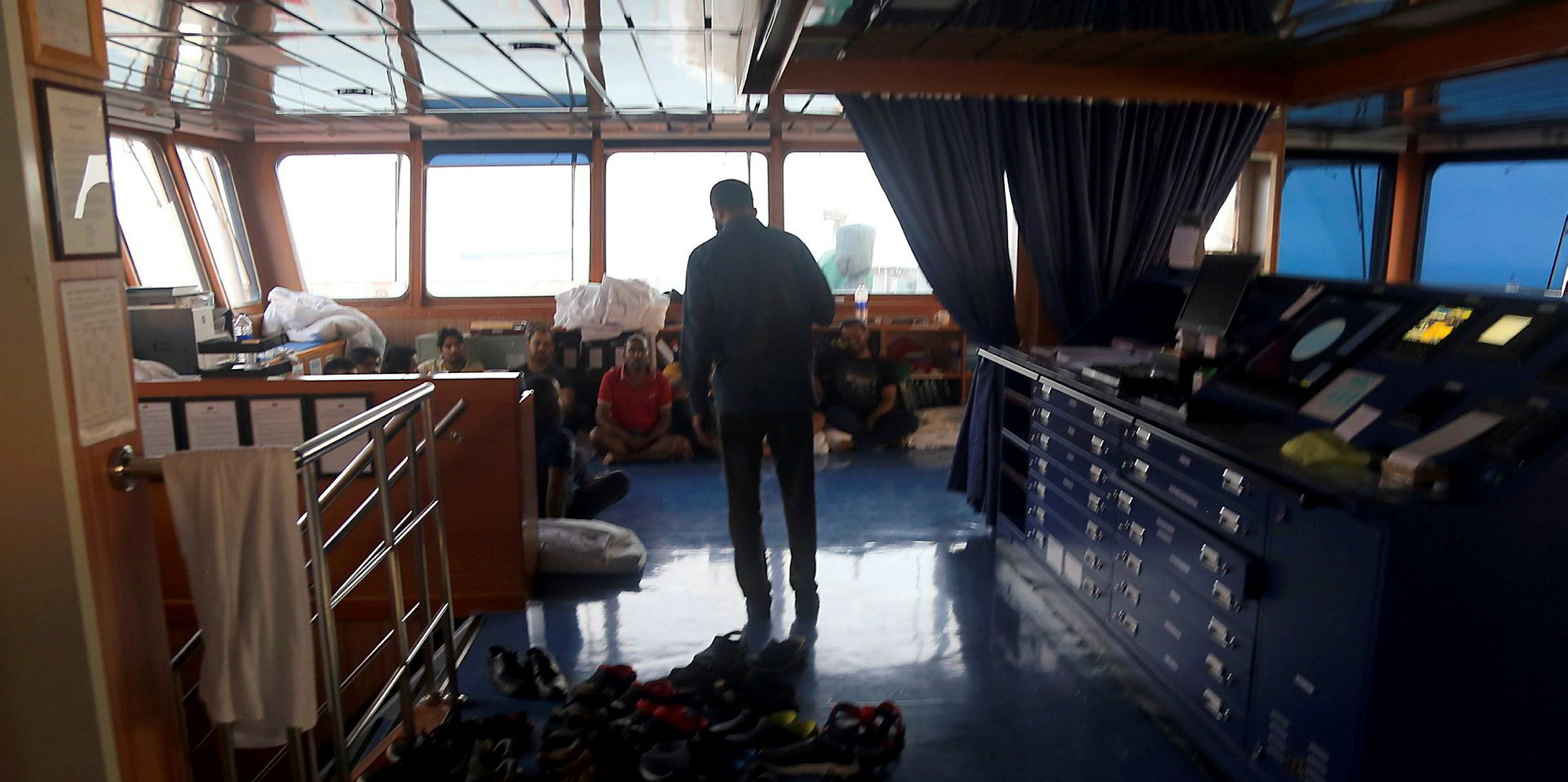The courtroom in Hamburg can be a busy place, with delegations sometimes numbering 30 to 40 people.
Among the applicants or respondents are ministers — foreign affairs, justice, transport or fisheries — legal advisors, ambassadors and academics from distinguished universities, such as Oxford, Cambridge and the Sorbonne, as well as leading law firms.
Applications to ITLOS can be via the unilateral request of a state or by two states agreeing. So far there have been no cases between a non-United Nations Convention on the Law of the Sea (UNCLOS) state party and a state party, although two such entities could agree to bring a case.
The Iran-UK Stena Impero dispute is in theory a candidate, but unlikely. Acting registrar Ximena Hinrichs Oyarce said ITLOS cannot express any views on the situation in the Strait of Hormuz.
She said that because commercial interests in a ship are so diverse, the flag state can represent them all.
“The tribunal has developed the notion of the ship as a unit. The flag state can make claims on behalf of itself, the shipowner and the crew,” she added.
Hinrichs hails from Concepcion, Chile, where she read law. She studied for a Phd at the Law of the Sea Institute, University of Hamburg, worked for the IMO in London for two years and has been with ITLOS for 22 years.




